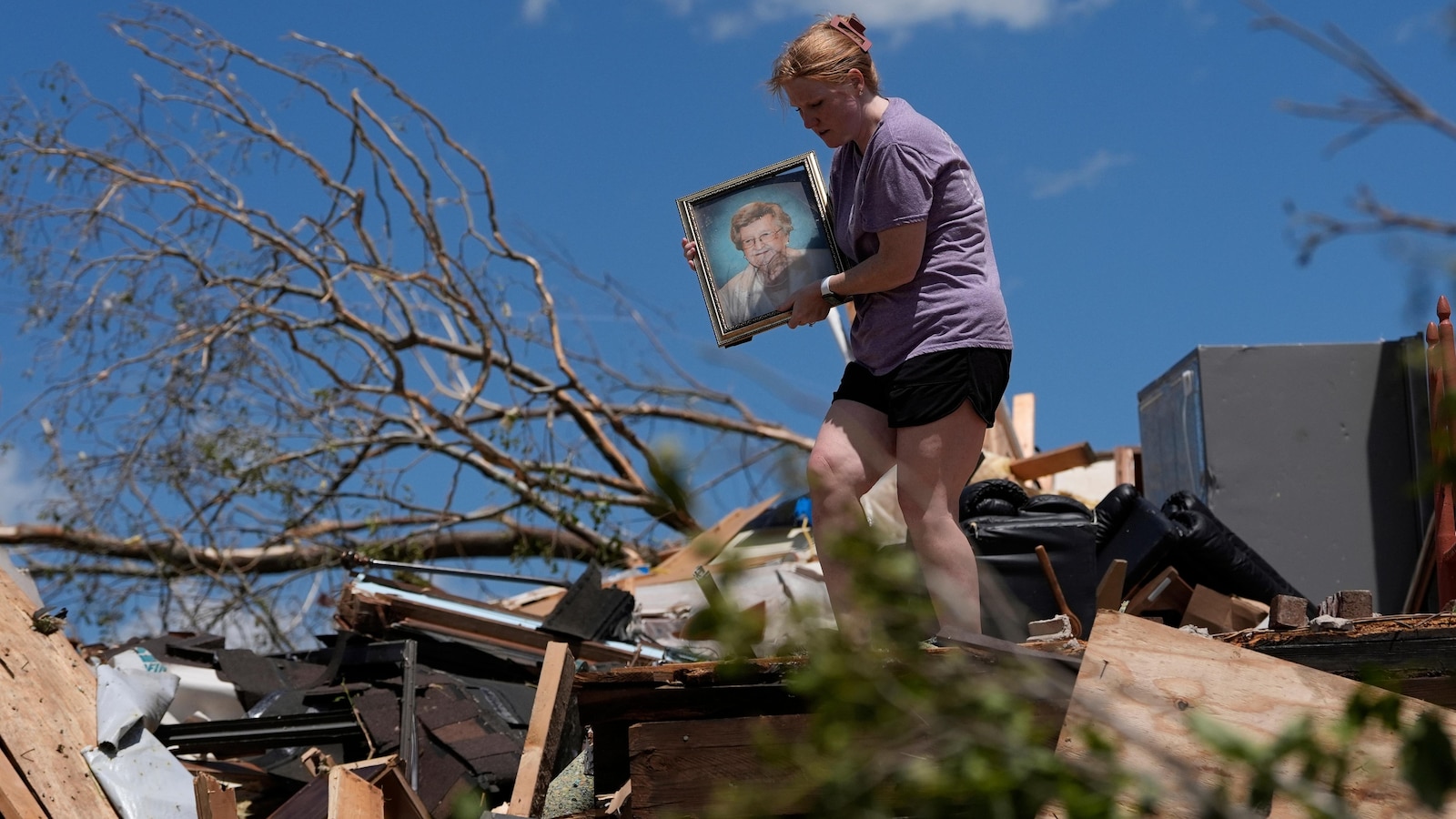
Former US President Joe Biden has been diagnosed with an ‘aggressive’ form of prostate cancer after experiencing ‘urinary symptoms’.
Though the disease appears to have spread to his bones, a statement from the 82-year-old’s personal office described the cancer as ‘hormone-sensitive, which allows for effective management.’
Like with all cancers, the earlier you notice symptoms of prostate cancer, the more chance there is that you can access effective treatment.
With this in mind, a prostate cancer specialist has shared some of the little-known warning signs of the condition he thinks everyone should know about.

What is prostate cancer?
Prostate cancer is the most common type of cancer amongst men in the UK and mainly affects those over the age of 50, although you can get it at any age.
According to Cancer Research, it’s cancer of the prostate gland. The gland is a part of the male reproductive system and is located at the base of the bladder. It’s about the size of a walnut but gets bigger as men get older.
Cancer occurs when abnormal cells start to divide and grow in an uncontrolled way. The cells can grow into surrounding tissues or organs, and may spread to other areas of the body.
What are the symptoms of prostate cancer?
In many cases, prostate cancer doesn’t cause any symptoms at all. The best way of detecting prostate cancer early is with a PSA blood test, this can be done even in the absence of symptoms.
However, there are a number of warning signs you can should keep an eye out for, most of which are to do with urination. Problems with urinating can often be one of the first signs that something is wrong, especially if the cancer is pressing on or growing near the urethra.
Professor Hashim Ahmed, a Consultant Urological Surgeon at Cromwell Hospital, told Metro: ‘It’s really important that men speak to their GP as soon as possible, if they notice any changes to their urine.’
He went on to share seven changes to be wary of, including needing to pee more frequently, as well as straining to pee and difficulty when starting to urinate.

1. Needing to pee more frequently, often during the night
You’ll know what’s normal to you but, if you start needing to urinate more often during the day, get a sudden urge to go or needing to get up during the night it can be a sign that your prostate has enlarged or of something else that is wrong such as a UTI.
2. Straining or difficulty starting urinating
As well as needing to urinate more often, men tend to find that when they get to the toilet, they have problems starting to urinate. This may be because the enlarged prostate or tumour is blocking the urine flowing through to the urethra.
3. A weak flow of urine
A weak flow of urine can occur if the cancer is pressing on the urethra, meaning not all the urine in the bladder is able to pass. It may also mean that your bladder doesn’t feel empty and you need to go more frequently.
4. Difficulty to stop when peeing or dribbling urine
Similarly to finding it difficult to start urinating, men might also find it difficult to stop urinating once they’ve started, or may find they dribble urine after they’ve finished peeing.
5. Feeling like you’re not able to fully empty your bladder
As with other symptoms, this may be caused because the tumour or enlarged prostate is blocking the urine flowing through the urethra.
6. Blood in urine
Blood in the urine can be a key sign that something is wrong. Even if it is only a small amount of blood, it is really important that this is checked by your GP as soon as possible.
7. Erectile problems
This can include difficulty achieving or maintaining an erection, painful ejaculation, blood in the semen and decreased volume of ejaculation.
The expert adds: ‘If you’re displaying these symptoms, don’t panic. These can all be caused by other problems, and many are just temporary symptoms. All the same, it’s still a good idea to speak to your GP about any concerns you may have as soon as possible, so they can investigate further.’
Do you have a story to share?
Get in touch by emailing MetroLifestyleTeam@Metro.co.uk.
MORE: Donald Trump changes his tune after Joe Biden diagnosed with ‘aggressive’ cancer
MORE: King Charles gives rare update into his ongoing cancer treatment
MORE: Map reveals the UK cities who have the longest-lasting sex sessions










